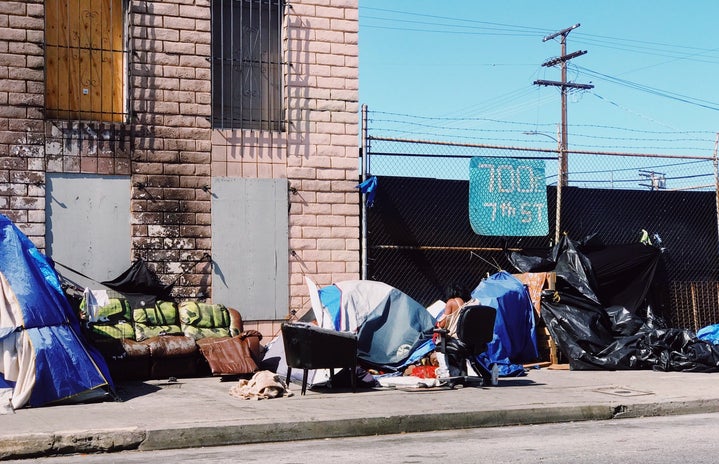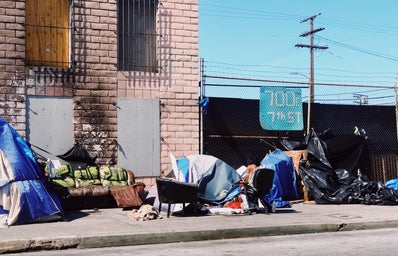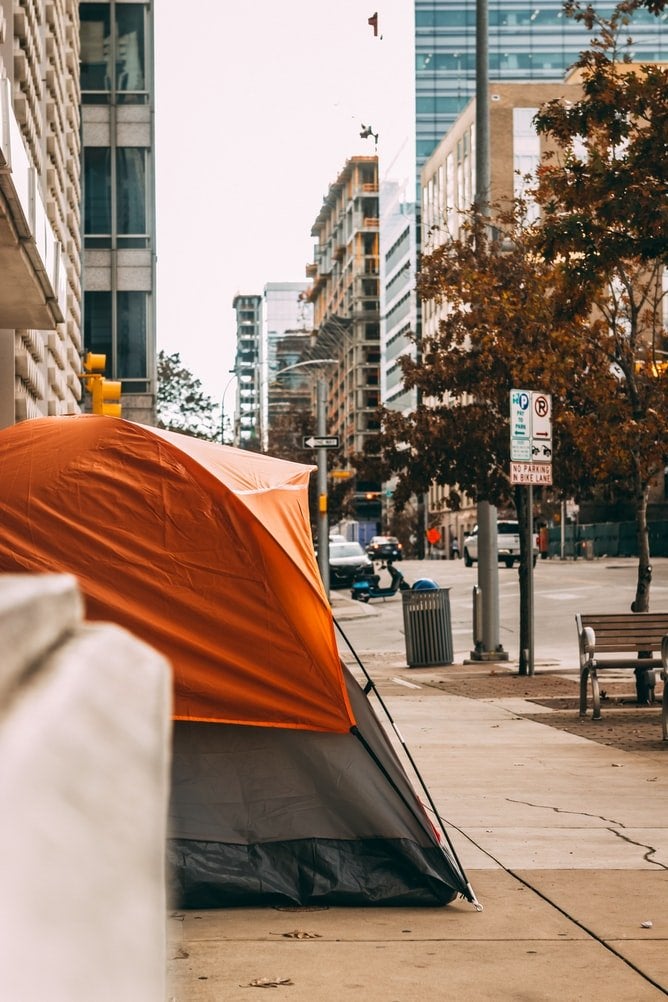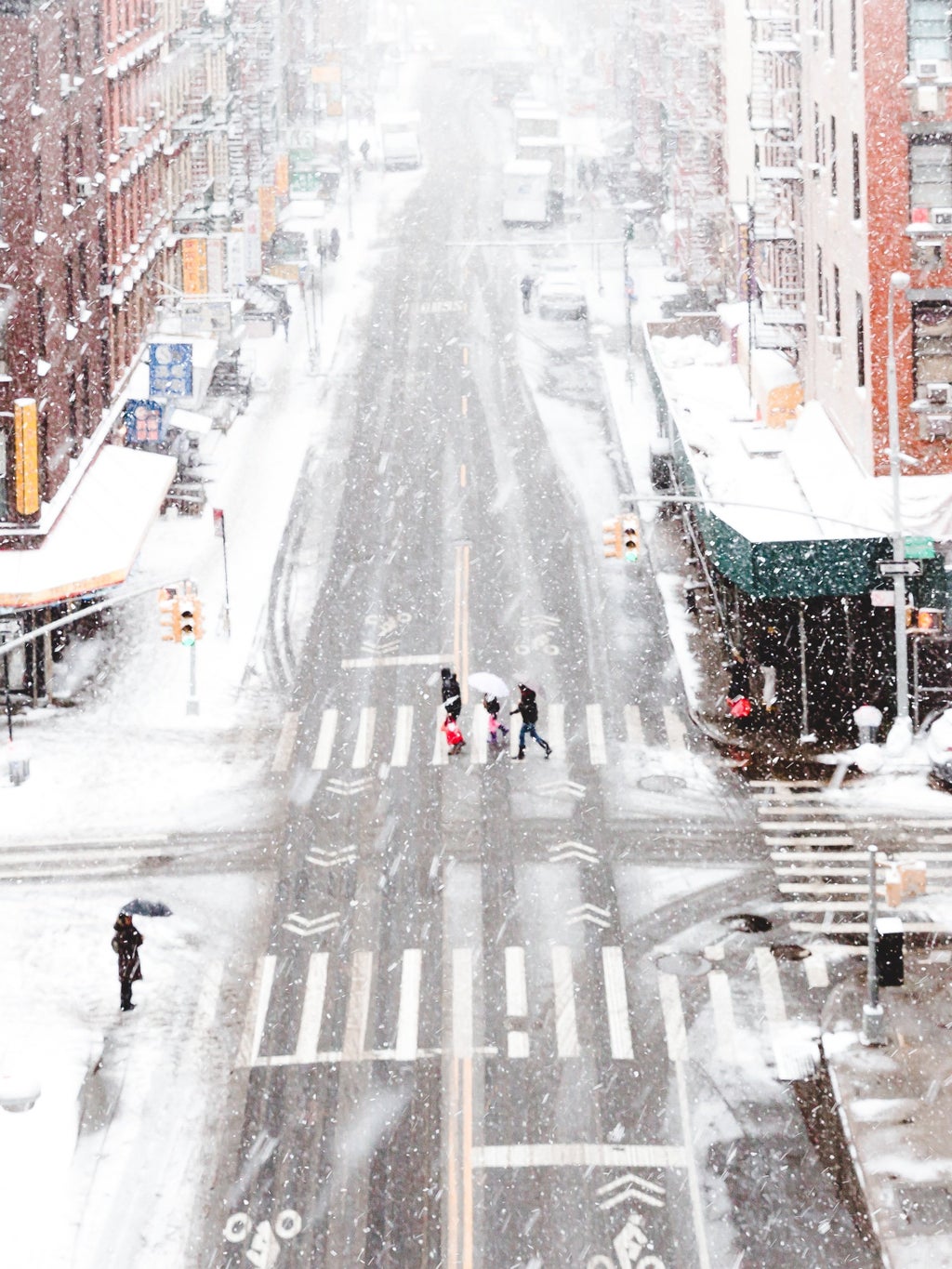At the beginning of this month, when New England was experiencing wind over 20 mph in freezing temperatures, I was rushing from one place to another in my best attempts to escape the frigid cold. All winter, I would silently curse to myself when I got to my car and saw my iced-over windshield because even spending those two minutes scraping my car (especially on the mornings I forgot my gloves inside) made my fingers shrivel and my face hurt.
And then I think about the people who don’t have a car to scrape. The people who don’t have one place to another that they can rush to. The people who we forget are people when we decide to walk as far out of the way as possible when we pass them on the sidewalk.
The number of people experiencing homelessness has either stayed the same or increased in most areas of the United States, with about 582,462 people currently unhoused — almost 18,000 people in Massachusetts. Our instinct is to ignore these people when we pass them while passing our biased judgment on the lives of people we know absolutely nothing about. Our perception is that homelessness is caused by alcohol and drugs, but this is rarely the case. Economic issues are at the heart of this problem — unaffordable housing, poverty, employment discrimination, and unlivable wages affect so many people and families. Homelessness is often the consequence of our unjust capitalist economy in the United States. It is also the side effect of our insufficiency to take care of people with disabilities, victims of sexual violence, those with PTSD, and a multitude of medical conditions.
But we judge these people nonetheless, rarely even perceiving them as full people. Though I try otherwise, I am no different as my instinct is to see them as something I need to pass to get to where I need to go. And it’s this stigma against homelessness that causes unhoused people to endure continued abuse from our economic and social system.
I’d love to reconsider the way we view the lives of unhoused people. The common argument against giving them support or money when they ask on the street is well, they’d probably just use it on drugs. This ill-conceived judgment stems from what I discussed above when we should try taking a step back. Let’s try to empathize and understand the context under which unhoused people live: imagine that you have to stay in that below-freezing, high wind-chill environment. Imagine people avoiding eye contact with you, denying you humanity. Imagine being unable to get a job, or being turned away from at-capacity shelters. And imagine that cigarettes or alcohol are the only things that make your body feel warmer, and have the demons go away for just a little while. I am not supporting drug use, but I think we can all do better in trying to understand that others’ needs are different than our own. Passing judgment on those needs or desires, especially when we do absolutely nothing to try to get them adequate help or support to improve our housing crisis, is not right. We have no right to judge.
Homelessness is a humanitarian issue that needs to be addressed — there need to be more and better avenues for unhoused people to secure a job and find official shelter. We need to improve the economic systems that put people in this position, to begin with. This is not an unfixable issue, but it is one that needs government funding and policy change which necessitates significant citizen advocacy. That’s why we have to shift the way we think of homelessness and the people experiencing it. This is not a condition they chose, and their story is never just about drug addiction. The current discourse around homelessness is a highly stigmatized one, and we will not see change occur at the top if we do not change our perceptions at the bottom. We need to give all people, especially the ones whose lives we know nothing about, our respect and humanity, always.
Can’t get enough of HC UMass Amherst? Be sure to follow us on Instagram, listen to us on Spotify, like us on Facebook, and read our latest Tweets!




